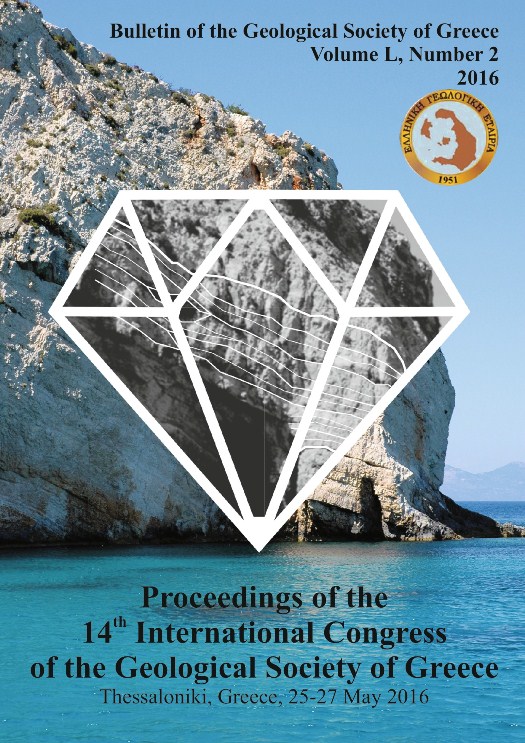FUTURE DROUGHT PROJECTION FOR THE GREEK REGION
Résumé
Drought is one of the most important factors of change. The epi-drops drought in one area are complex because they simultaneously affect many areas, such as climate, agriculture, the economy and in general the structure of society. This study deals only with the meteorological drought, particularly considering the phenomenon of drought through the index Standardized Precipitation Index (SPI). The Greece is characterized by frequent drought episodes that often exceed 10 consecutive days of drought (dry spells). Also, in recent years the area probably climate models have been used in a wide study of the impact of climate change in different regions on the planet. Rainfall data from five regional climate models (RCMs) have been used to calculate the SPI index in the Greek area, the reporting period and two subsequent periods by the end of the 21st century. All models show a decreasing trend of the SPI median during the period studied. For the first future period 2021-2050, there is a clear signal for a dry decade towards the end of the period that is most apparent in southern and island regions. On the other hand, in the second future period 2071-2100, there is an increasing trend resulting to normal or wetter years.
Article Details
- Comment citer
-
Anagnostopoulou, C. (2016). FUTURE DROUGHT PROJECTION FOR THE GREEK REGION. Bulletin of the Geological Society of Greece, 50(2), 1038–1045. https://doi.org/10.12681/bgsg.11808
- Rubrique
- Engineering Geology, Hydrogeology, Urban Geology

Ce travail est disponible sous licence Creative Commons Attribution - Pas d’Utilisation Commerciale 4.0 International.
Authors who publish with this journal agree to the following terms:
Authors retain copyright and grant the journal right of first publication with the work simultaneously licensed under a Creative Commons Attribution Non-Commercial License that allows others to share the work with an acknowledgement of the work's authorship and initial publication in this journal.
Authors are able to enter into separate, additional contractual arrangements for the non-exclusive distribution of the journal's published version of the work (e.g. post it to an institutional repository or publish it in a book), with an acknowledgement of its initial publication in this journal. Authors are permitted and encouraged to post their work online (preferably in institutional repositories or on their website) prior to and during the submission process, as it can lead to productive exchanges, as well as earlier and greater citation of published work.



